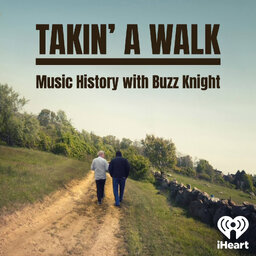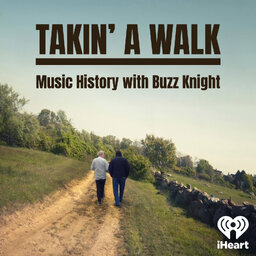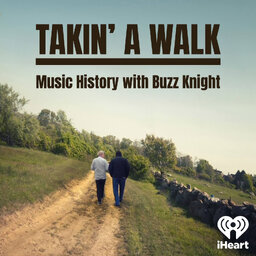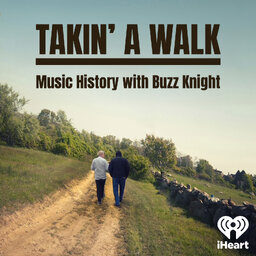Rock, Soul and Resilience with Singer-Songwriter Daniela Cotton-Inspiring Music Interview
Join @thebuzzknight for this music podcast interview with the powerful singer-songwriter/musician Daniela Cotton. She is known for her powerful, soulful voice and her unique blend of rock, blues and soul music. Daniela has overcome significant challenges in her life including battling cancer and she delves into her inspirations and creative process.
For suggestions or comments, write Buzz@Buzzknightmedia.com
Connect with Buzz on Twitter @TheBuzzKnight and Instagram @takinawalkpodcast.
Like this show? Share with your friends and leave us a review. Review
In 1 playlist(s)
Takin' A Walk - Music History with Buzz Knight
On the Takin’ A Walk-Music History Podcast, Buzz Knight goes deep with American music’s most iconic …Social links
Follow podcast
Recent clips

"Celebrating Timeless Rhymes: De La Soul's The Grind Date Turns 20"-Hip Hop Music History-Best Musician Interview Podcast Replay
32:24

Join Buzz Knight and Peter Wolf on a Walk Through Music History, Personal Stories, and Legendary Artist Encounters-Replay-Best Music Podcast
40:31

Join Buzz Knight and C. J. Chenier as They Explore the Rich Legacy of Clifton Chenier and Zydeco Music
23:25
 Takin' A Walk - Music History with Buzz Knight
Takin' A Walk - Music History with Buzz Knight